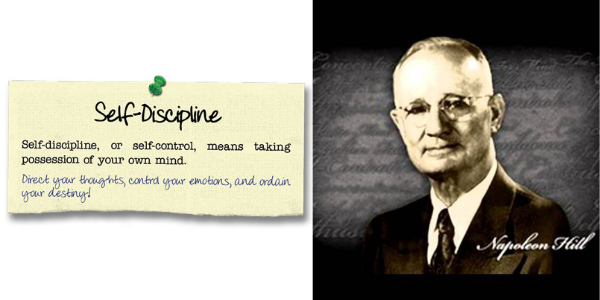Introduction When stress builds up, most people try to think their way out of it. They analyze, rationalize, and replay situations in their head, hoping clarity will bring relief. Unfortunately, the mind often amplifies emotional chaos instead of calming it. This is why logic alone rarely works during moments of anxiety, overwhelm, or mental fatigue. The body, however, responds faster than thought. Neuroscience shows that physical sensations send direct signals to the brain, influencing emotional states almost immediately. When you change your body’s signals, your nervous system follows. This is why small physical actions—done intentionally—can create instant shifts in mood, focus, and confidence. These physical micro-habits do not require discipline, motivation, or preparation. They are simple, subtle actions that work even when your mind feels tired or overloaded. By engaging the body first, you allow the mind to settle naturally. Below are seven science-backed micro-habit...
Introduction
The ninth principle of Napoleon Hill's 17 principles of success is the Self-Discipline. It is the one without which the previous principles would be useless. It refers to your mastery over negative habits standing in the way to your success, development, and enforcement of positive habits which are required to avail the previously mentioned assets.How to develop Self-Discipline
1.Mastery over tongue: Thinking first and then speaking after evaluating that whatever you are about to say is beneficial for you and not harmful to others.2. Refrain from striking back: Master to refrain from the general tendency to strike back at people who troubles you by exercising self–discipline. Every thought and every act which you do to benefit or injure another person will come back to you in some of the other forms. So, if you feel like slandering someone, instead of speaking it, write it in the sands near the edge of the water and then, walk away from it until the tides flow.
3. Mastery over Emotions: Exercise self-discipline over your emotions, particularly emotions of love, hate, fear, and sex. These four emotions can make you or break you depending upon the extent of discipline that you can exercise over them.
4. Mastery of Mental Attitude: It requires to be controlled and put in discipline all the times, lacking which, it can and it generally does drive away your friends, destroy all your opportunities of going ahead, leads to physical and mental illness, develop stomach ulcers and vanishes the peace of mind.
5. Mastery over Emotion of Sex: It’s specially mentioned here because failure to exercise self-discipline over this emotion the topmost reason behind personal failure. Great leaders, artists, and other successful people have learned sex transmutation by self–discipline. One should control and direct this great emotional feeling towards the attainment of one’s major purpose in life.
6. Mastery over Eating Habits: Self–Discipline, through habits of dieting and fasting, is required to maintain good health and a healthy stomach.
7. Self-discipline concerning Religion and Politics: To be happy and prosperous, one must learn to follow the principle of ‘live and let live.’ We should give others the privileges that we want in our life which truly requires a lot of strict discipline over ourselves.
8. Mastery over Mind: It requires the exercise of the strictest self-discipline to embrace and make use of the master key to riches through a practical system. Take possession of your mind and direct it towards your desires.
Self-discipline can give us freedom from the most difficult fear, that is, the fear of death. It is the means by which we may think about our desires, our lives just the way we want to live them, and set ourselves free from the fears and limitations forever.
The creator gives an asset to mankind with the means along with it, by which one may embrace and use it. Self-discipline is such a means by which the creator has given us a method of embracing and using the power of our own thoughts.
6. Mastery over Eating Habits: Self–Discipline, through habits of dieting and fasting, is required to maintain good health and a healthy stomach.
7. Self-discipline concerning Religion and Politics: To be happy and prosperous, one must learn to follow the principle of ‘live and let live.’ We should give others the privileges that we want in our life which truly requires a lot of strict discipline over ourselves.
8. Mastery over Mind: It requires the exercise of the strictest self-discipline to embrace and make use of the master key to riches through a practical system. Take possession of your mind and direct it towards your desires.
Summary
Self-Discipline is one of the most important features of all religions. No one has ever become wise without the art of self-discipline, and one can find peace of mind and happiness only by exercising self-discipline strictly. By self-discipline, one can transmute sorrow into faith and hatred into sympathy. It is the only means by which we may shut out effects of past unpleasant experiences of our minds. Through self-discipline, we may discover our other-self which has the capacity of believing and not becoming influenced by failures.Self-discipline can give us freedom from the most difficult fear, that is, the fear of death. It is the means by which we may think about our desires, our lives just the way we want to live them, and set ourselves free from the fears and limitations forever.
The creator gives an asset to mankind with the means along with it, by which one may embrace and use it. Self-discipline is such a means by which the creator has given us a method of embracing and using the power of our own thoughts.


Comments
Post a Comment
Please do not add any spam link in the comment box